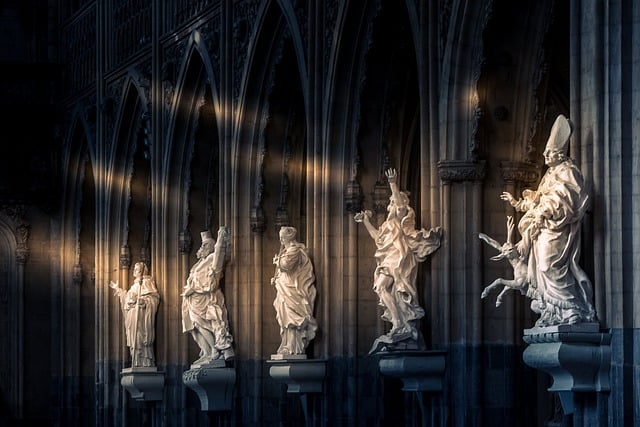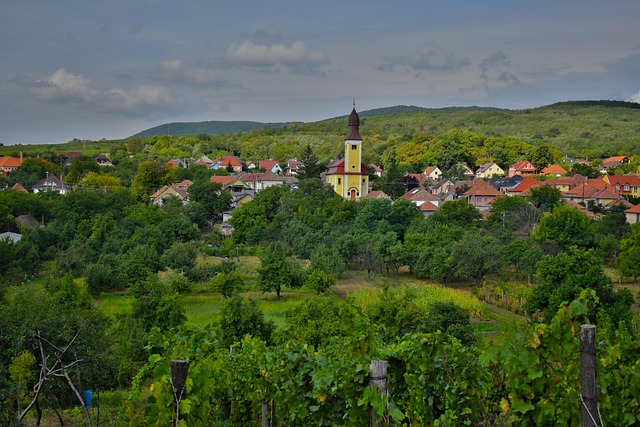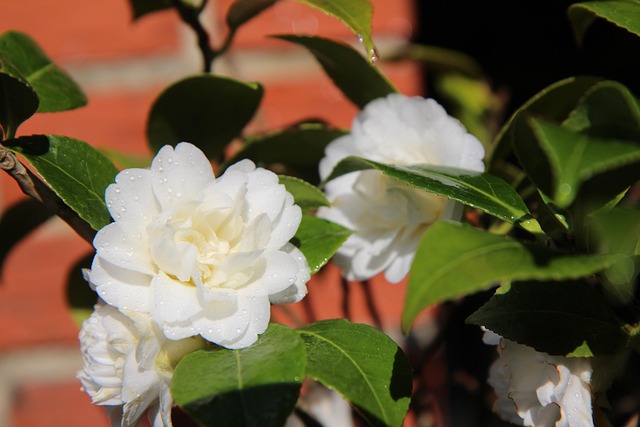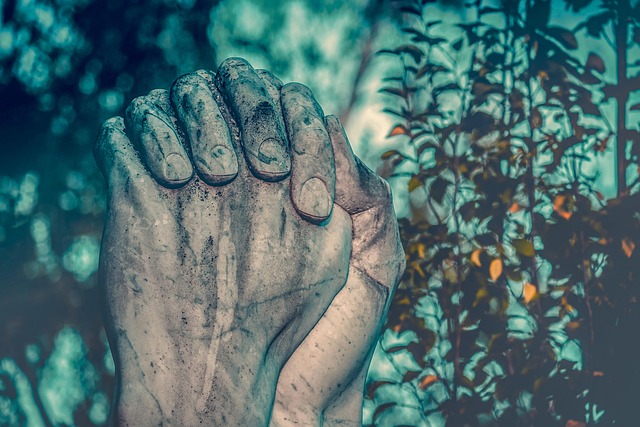The beauty of holidays lies not just in the celebrations themselves but in the deeper meanings they hold. Across the globe, people observe various holy days steeped in tradition, faith, and community. Each holy holiday reflects the unique customs of its religion, and yet they all invite us to pause, reflect, and connect with something greater than ourselves.
In Christianity, for example, Christmas is celebrated as the holy day marking the birth of Jesus Christ. This sacred time compels believers to embrace love, generosity, and compassion. Families gather, exchanging gifts not merely as a ritual act, but as a reflection of the larger gift of love that God bestowed upon humanity. The holiday fills the air with a palpable sense of joy, reminding us of the importance of faith and togetherness.
Similarly, in Islam, Eid al-Fitr stands as a holy day celebrating the end of Ramadan, a month dedicated to fasting, prayer, and reflection. This day is marked by communal prayers, feasts, and giving to those in need. The sense of gratitude and fulfillment that accompanies Eid encourages a deep spiritual introspection, celebrating the mercy and compassion of Allah. It is a time for believers to reconnect with their faith and reinforce community bonds.
Across the Jewish faith, Yom Kippur, the Day of Atonement, serves as a profound holy day devoted to repentance and reflection. This solemn observance calls for prayer, fasting, and an honest reckoning with one’s actions. The spiritual significance of Yom Kippur prompts individuals to consider how their choices affect others, nurturing a more profound sense of responsibility and connection to both God and community.
Holidays rooted in indigenous traditions also embody holiness, emphasizing harmony with nature and honoring ancestors. For many, these celebrations serve as a bridge to the past, infusing the present with spiritual significance. Rituals, dances, and songs not only celebrate cultural identity but also forge connections across generations, reminding participants of their place within a larger narrative. Each gathering serves to amplify the humming rhythm of life, creating sacred spaces that invite reverence and recognition of one’s heritage.
Moreover, the universal human experience of seeking meaning and connection during holy holidays transcends individual beliefs. Regardless of religious background, many find solace in communal gatherings, rich traditions, and sacred rituals. These moments create a tapestry of shared experiences, where the divine intersects with the mundane. Whether through light, music, or food, these celebrations become holy acts of love, unity, and understanding.
As we explore the holiness of holidays, we become more aware of the profound significance they carry—not just within our own lives, but in the lives of others. Each celebration, whether religious or cultural, serves as a reminder of our shared humanity, inviting us into a deeper understanding of the world around us. Embracing this sacredness allows us to foster compassion and gratitude, encouraging us to be mindful of the connections we weave through our shared observance of these divine occasions.




